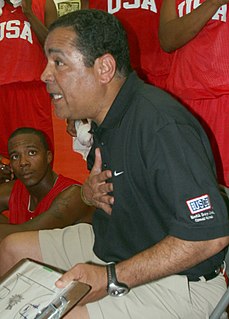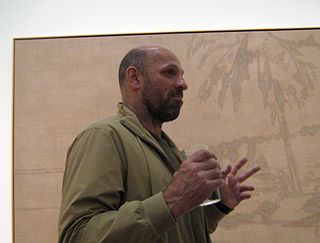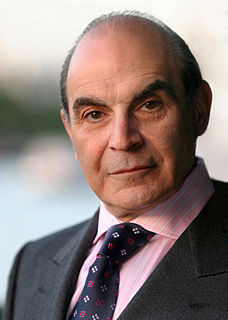A Quote by Kelvin Sampson
As an outsider, when you think of Indiana, you think about a place that not only has championships but a championship tradition.
Quote Topics
Related Quotes
What is literary tradition? What is a classic? What is a canonical view of tradition? How are canons of accepted classics formed,and how are they unformed? I think that all these quite traditional questions can take one simplistic but still dialectical question as their summing up: do we choose tradition or does it choose us, and why is it necessary that a choosing take place, or a being chosen? What happens if one tries to write, or to teach, or to think, or even to read without the sense of a tradition? Why, nothing at all happens, just nothing.
God is not a Christian, God is not a Jew, or a Muslim, or a Hindu, or a Buddhist. All of those are human systems which human beings have created to try to help us walk into the mystery of God. I honor my tradition, I walk through my tradition, but I don't think my tradition defines God, I think it only points me to God.
In so many roles I've played the outsider. As an outsider, you have more energy to succeed simply because you are an outsider. There are scripts floating around but they're not coming my way and I think that I am getting a little bit too old to play Napoleon. But if I was ever offered the role I would grab it.





































